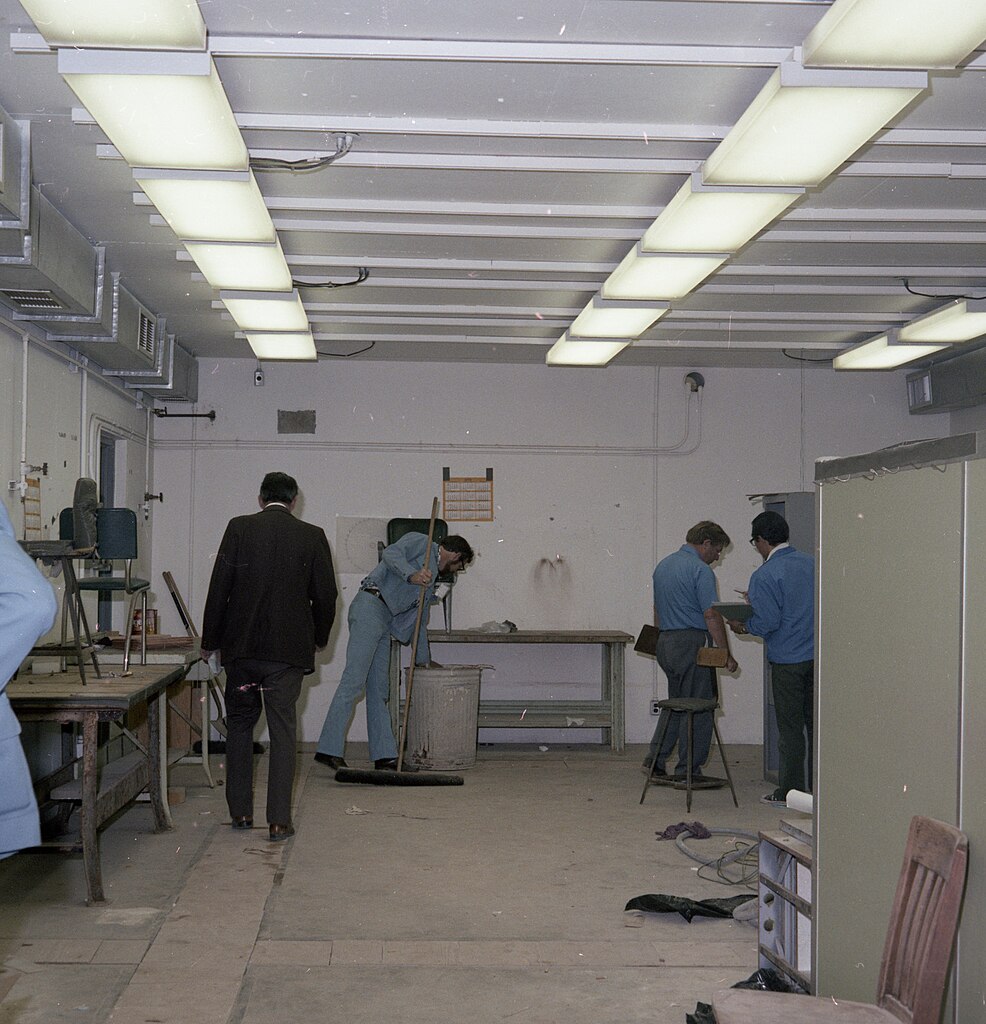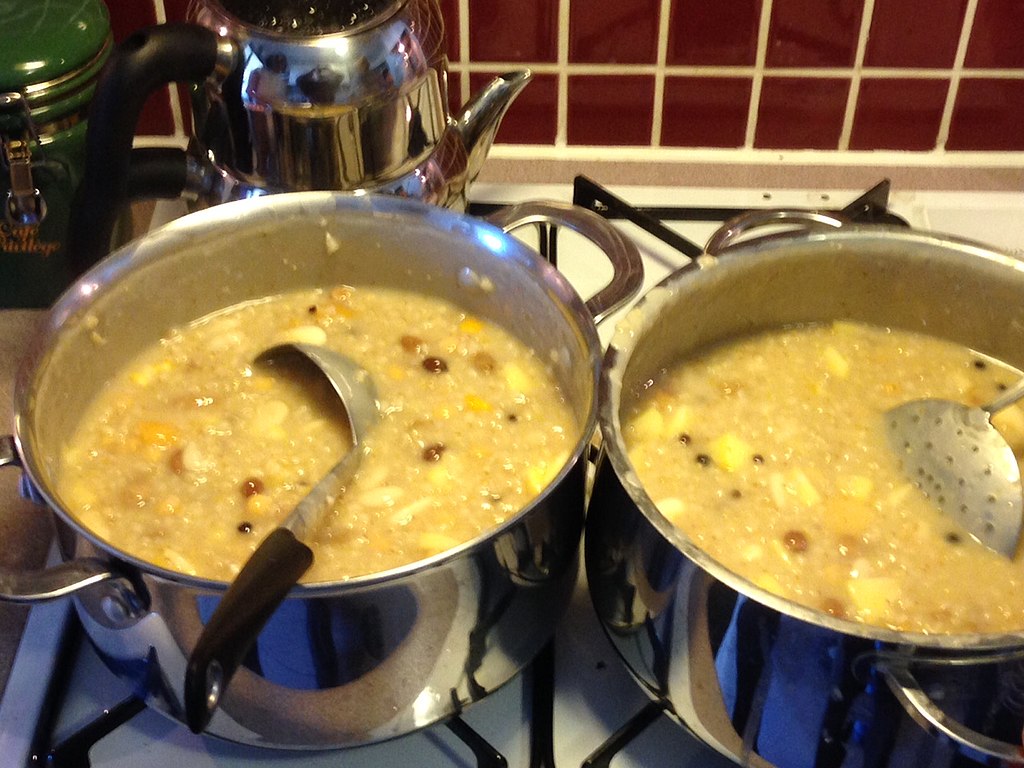This unit describes the competencies required to manage front office operations. It involves assisting guest check-in and check-out, coordinating guest services and maintaining guest accounts and databases.
- Teacher: judy jemchor
Moodle is an open-source Learning Management System (LMS) that provides educators with the tools and features to create and manage online courses. It allows educators to organize course materials, create quizzes and assignments, host discussion forums, and track student progress. Moodle is highly flexible and can be customized to meet the specific needs of different institutions and learning environments.
Moodle supports both synchronous and asynchronous learning environments, enabling educators to host live webinars, video conferences, and chat sessions, as well as providing a variety of tools that support self-paced learning, including videos, interactive quizzes, and discussion forums. The platform also integrates with other tools and systems, such as Google Apps and plagiarism detection software, to provide a seamless learning experience.
Moodle is widely used in educational institutions, including universities, K-12 schools, and corporate training programs. It is well-suited to online and blended learning environments and distance education programs. Additionally, Moodle's accessibility features make it a popular choice for learners with disabilities, ensuring that courses are inclusive and accessible to all learners.
The Moodle community is an active group of users, developers, and educators who contribute to the platform's development and improvement. The community provides support, resources, and documentation for users, as well as a forum for sharing ideas and best practices. Moodle releases regular updates and improvements, ensuring that the platform remains up-to-date with the latest technologies and best practices.
Links of interest:
Business and organizations that produce, manage, regulate, and distribute food and beverages comprise the food and beverage production industry. They are an essential part of society. As a fundamental human need, food and beverages always have played a central part in our lives.
This unit describes the competencies required to manage front office operations. It involves assisting guest check-in and check-out, coordinating guest services and maintaining guest accounts and databases.

This unit specifies the competencies required to manage housekeeping operations in an institution. It involves supervising housekeeping staff and overseeing housekeeping services.

This unit specifies the competencies required to plan, prepare and present stock. It involves preparing of: vegetable stock, chicken stocks, beef/lamb stock, prepare fish and sea food stocks.

This unit specifies the competencies required to manage bar operations. It involves preparing for bar operations, performing bar operations, controlling bar operations and operating special bars